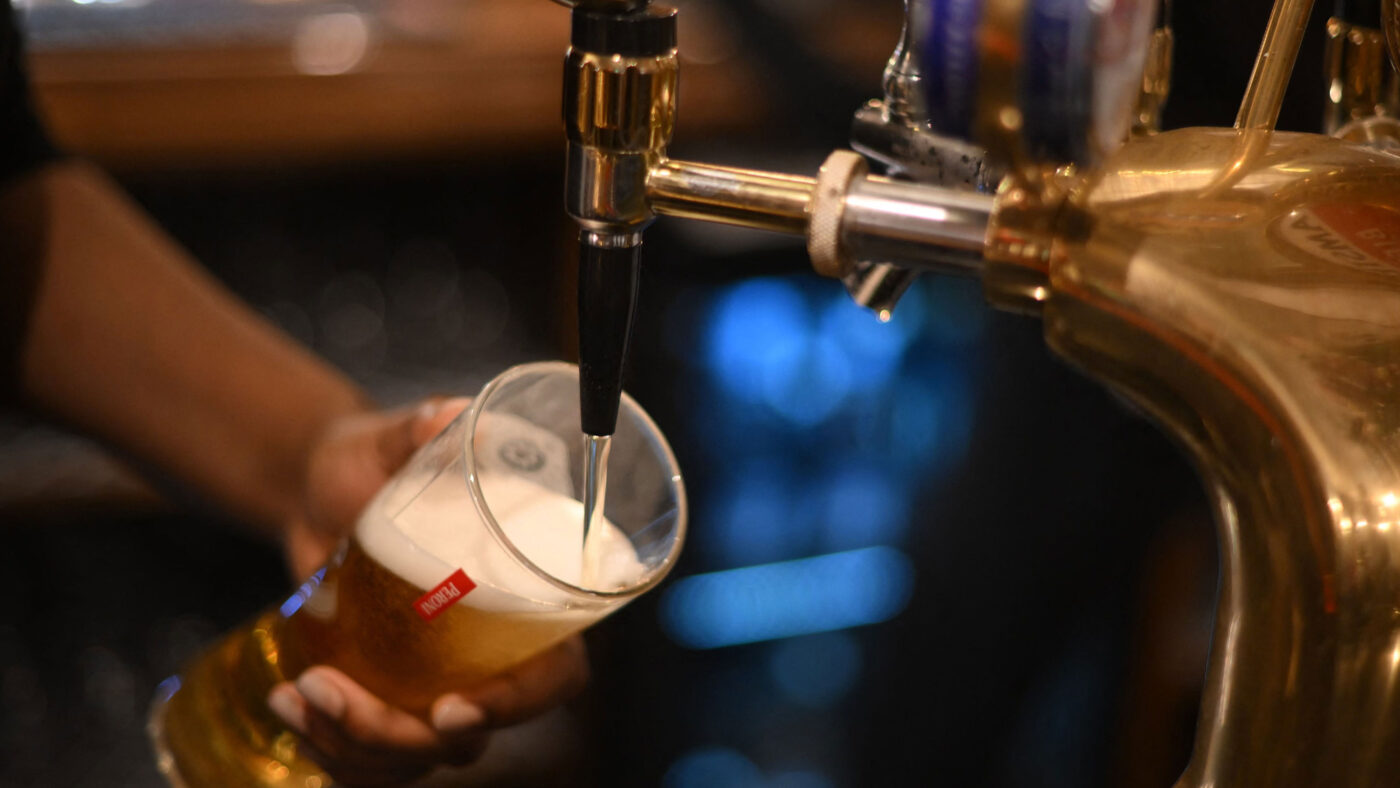For all the many evils of the Prohibition Era, as a drinker there was something to be said for the American model of joylessness. By banning alcohol in one fell swoop, Washington ensured both that there would immediately be a huge black market to tempt entrepreneurs and crime lords, and that public attitudes would not have time to gradually adapt to the new puritanism.
The result was speakeasies, a persistent and often glamourous (if more often than not criminal) culture of rebellion, and the eventual passage of the 21st Amendment, repealing prohibition.
A century on, the puritan instinct hasn’t gone anywhere. But those who peddle it have, alas, learned their lesson. No more big-bang efforts to immanentise the eschaton, to reduce the public square to a ‘theatre of health’ in one fell swoop.
Instead, we have a grinding process of sucking the joy out of it, one small instance at a time. Last week, Liz Kendall called for calorie counts to be posted on the pumps at pubs. This follows a similar edict for restaurant menus; Kendall appears oblivious to new research showing that, as warned, that policy is ‘dangerous’ for people with eating disorders.
There is nothing wrong with laws ensuring that consumers are able to access important information about their products, of course. But as I argued ahead of the menu law, there is a difference between making information available and ramming it down people’s throats.
It would be perfectly practical to mandate that brewers and other alcohol manufacturers make the calorific content of their products available for integration into free tracking apps, such as MyFitnessPal, so those who wanted to keep tabs on their intake could do so without intruding on anyone else’s pleasure.
But then that isn’t the point; the supposedly neutral enabling of better-informed choices never is. The next step in the ‘Scold War’ will be pressure on manufacturers to reformulate their products, and perhaps eventually a redesign of alcohol duty to ‘encourage’ them to do so.
Regardless, it will be one more frictional factor making life that little bit more difficult for our embattled hospitality sector, one more thing pushing punters to shop at the supermarket and drink at home.
Those advocating for this policy are unlikely to admit that, and even less likely to care. After all, there were no second thoughts when the specious claim that the smoking ban would see an influx of sensitive non-smokers into struggling establishments proved to be nonsense. Many closed; the rest put their prices up; most are now basically restaurants.
Worst of all, public opinion retrospectively validated it. It boggles the mind today to recall that the reason we ended up with the full-fat smoking ban was pressure from big chains such as Wetherspoons, which feared that drinkers would flock to independent so-called ‘wet-led’ pubs were smoking still permitted there.
And all of this is just one part of a broader pattern of the social square growing quieter and emptier. Local authority control over late licences, and councillors’ penchant for pandering to cantankerous residents, has had a devastating effect on nightlife in London and other cities. Even in Zone 1 – hell, even in a pleasure district such as Soho – it can be cartoonishly difficult to find anywhere to carry on into the early hours.
Intuitively, this feels like part of the explanation for why life is so often much less spontaneous now. It is difficult to make a habit of spontaneity when it risks an enjoyable evening devolving into a forlorn trudge through central London looking for somewhere to go, the group shedding members as you go. With fewer places open late, better you know where you’re going – and to have booked as well, just to be sure.
I suspect I have fewer grounds for complaint than many. As someone who came to drinking late, and who in any event lives out of his colour-coded Google Calendar, planning ahead rarely feels like an imposition.
And for all the very real challenges facing the night economy (about which Sadiq Khan’s ludicrously overpaid Night Czar does less than nothing) London is still pretty good for my sort of clubbing, where you buy a ticket to a night at Fabric or Ministry of Sound and then stay there for eight hours.
But I’ve been on enough of the other sort of night – drink in a dive bar until close, then roll into the one-up one-down nightclub three doors down – to appreciate both how fun they can be and how difficult it would now be to pull one off if you didn’t already know the venues (and, ideally, the people who run them).
And even my sort of destination raving is not what it was. Egg, the last holdout of the old King’s Cross clubbing quarter, remains a reliable redoubt for afterparty holdouts. But it usually kicks out at 6am; a generation ago, that was often when people arrived.
Viewed from the point of view of the state, you could argue all this has worked. We certainly drink, smoke, and even reportedly take drugs much less than we used to. Perhaps the price of that was socialising less, and all the missed opportunities that entails; but there’s no column for unquantifiable private pleasure in the books at the Department of Health and Social Care.
Click here to subscribe to our daily briefing – the best pieces from CapX and across the web.
CapX depends on the generosity of its readers. If you value what we do, please consider making a donation.


